Coze launched on February 1 in China, where OpenAI’s services are not yet officially available. ByteDance describes Coze as a “one-stop AI development platform” that allows users to quickly “create a bot without programming.”
Once a bot is created, users can share it across ByteDance apps like the Feishu work tool or even the super app WeChat.
Coze's website is operated by Beijing Chuntian Zhiyun Technology, a subsidiary of Beijing Douyin Information Service.
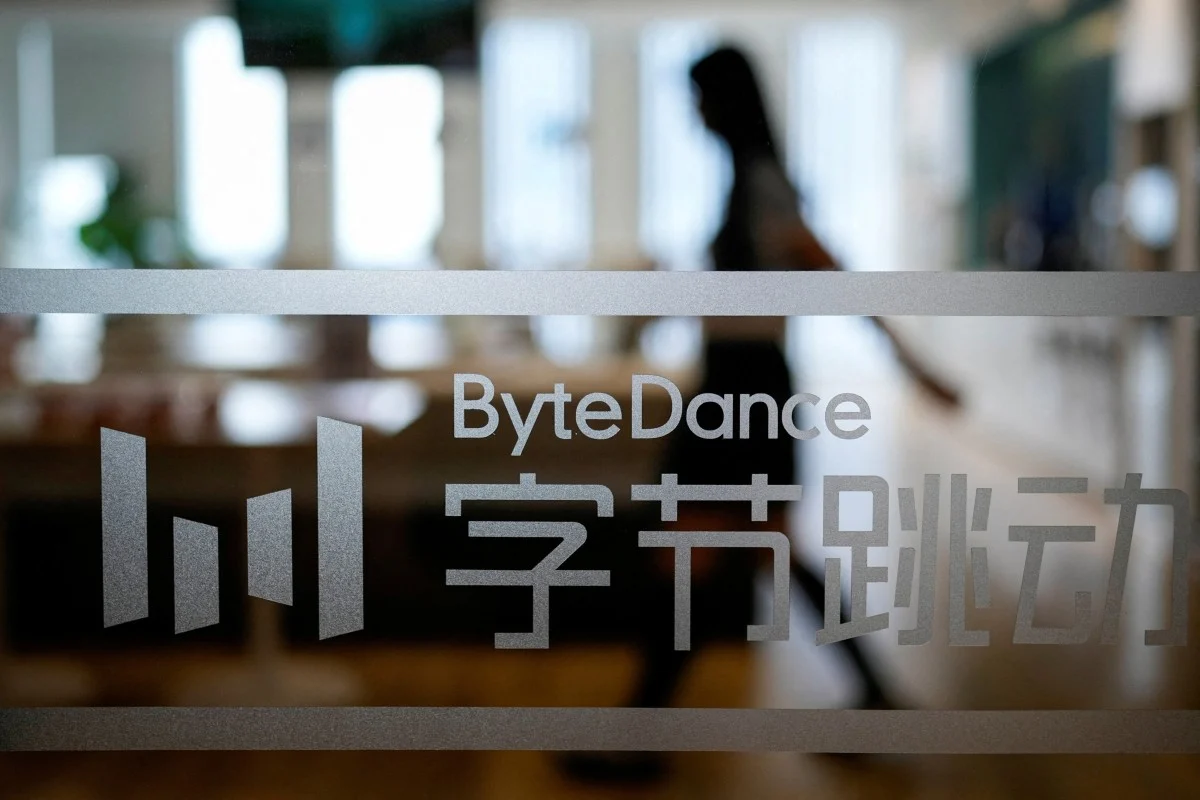
ByteDance recently shut down gaming platform Momoyu and medical encyclopedia Baikemy, underscoring its new focus on AI amid the growing popularity of ChatGPT and other generative AI tools.
ByteDance bought Baikemy for 500 million yuan ($70 million) in 2020 as demand for medical care soared amid the Covid-19 pandemic, according to news site Yicai.
ByteDance CEO Liang Rubo scolded employees earlier this week for being “insensitive enough” to the emergence of new technologies like ChatGPT. According to a transcript of an internal meeting published on the company’s website, Liang said employees only started talking about ChatGPT in 2023, despite the chatbot being released to the public in November 2022.
According to the head of ByteDance, the major language modeling startups that are doing well were basically founded between 2018 and 2020. TikTok's parent company launched chatbots Doubao and Cici AI in the second half of 2023 after rivals Baidu and Alibaba announced services in March and April of the same year.
He also criticized staff for lacking a “sense of crisis.” He said one of their priorities this year would be to maintain a “start-up” state, referring to the entrepreneurial spirit.
ByteDance's AI-based content recommendation system, which delivers personalized content to users based on their preferences and viewing activity in apps like TikTok and news aggregator Jinri Toutiao, has long been seen as a highly successful AI use case in the industry.
Technology has turned Musical.ly – a service ByteDance bought in 2017 and later merged with TikTok – into the world’s most popular app from a Chinese company.
CEO Liang said ByteDance is slower to respond to new technology trends than some startups that “immediately discover new projects on GitHub, then acquire or partner with them.” He added that the company will continue to widen the compensation gap between its top and bottom performers to retain talent.
In early January, ByteDance updated its salary policy, announcing annual bonuses equivalent to three months’ salary. The change will affect thousands of employees who typically receive higher bonuses, such as product optimization and design employees who receive up to six months’ salary.
(According to SCMP)
Source



![[Photo] Prime Minister Pham Minh Chinh chairs the 14th meeting of the Steering Committee on IUU](https://vphoto.vietnam.vn/thumb/1200x675/vietnam/resource/IMAGE/2025/9/23/a5244e94b6dd49b3b52bbb92201c6986)
![[Photo] The 1st Congress of Party Delegates of Central Party Agencies, term 2025-2030, held a preparatory session.](https://vphoto.vietnam.vn/thumb/1200x675/vietnam/resource/IMAGE/2025/9/23/e3a8d2fea79943178d836016d81b4981)
![[Photo] General Secretary To Lam meets voters in Hanoi city](https://vphoto.vietnam.vn/thumb/1200x675/vietnam/resource/IMAGE/2025/9/23/d3d496df306d42528b1efa01c19b9c1f)


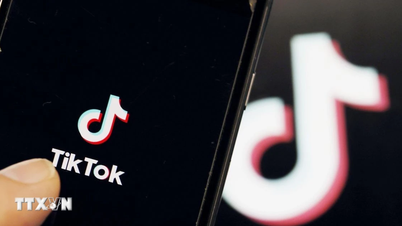




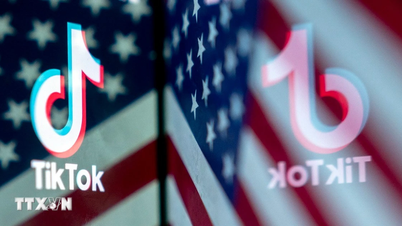
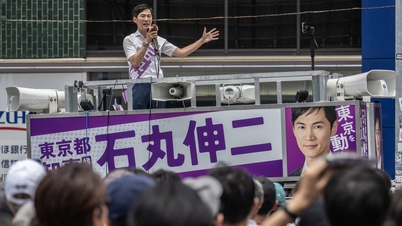



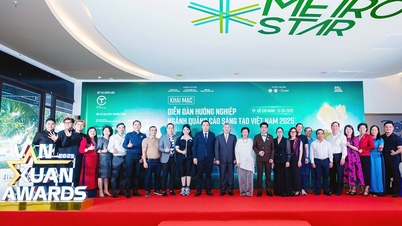


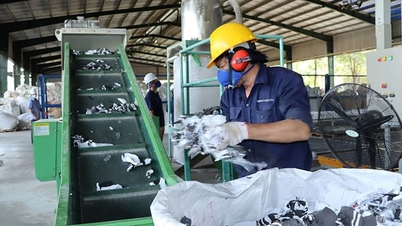










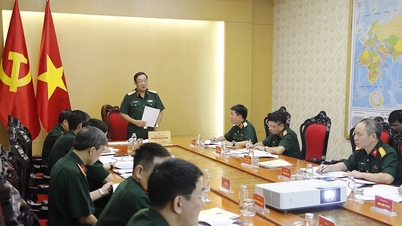


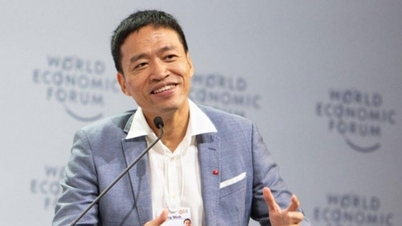

























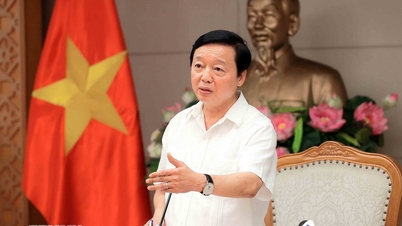















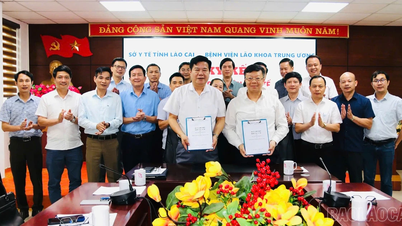





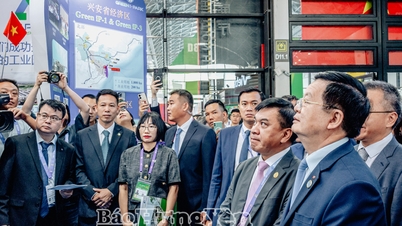



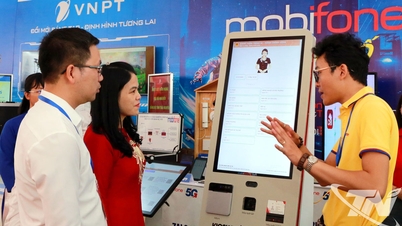

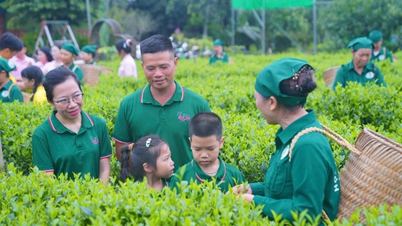

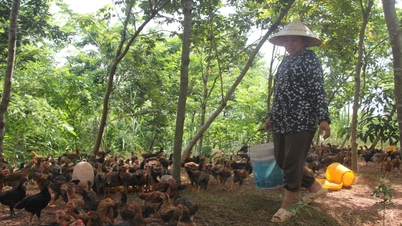
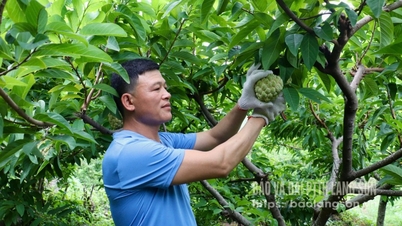

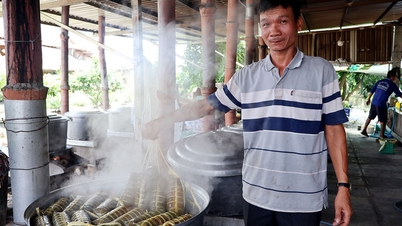







Comment (0)